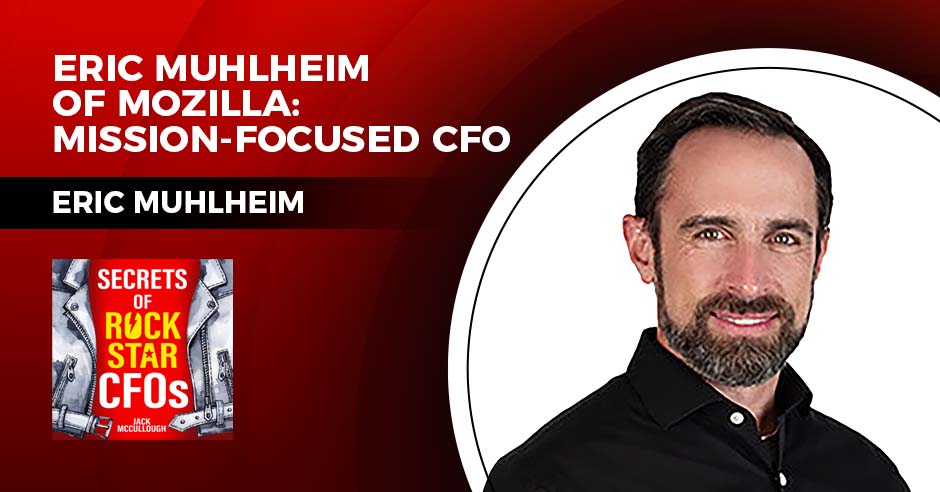As the use of information technologies, IT spending and overall digitization have burgeoned at most companies, CFOs have learned more and more about the technology realm. That has included harnessing the increasing capabilities of IT for running the financial function.
So the role of CFOs with technology is evolving in interesting and, often, powerful ways. A couple of CFOs at the cutting edge of this phenomenon discussed how it is developing with attendees at our Strategic CFO Forum earlier this month.
“How can we [use technology] to make our finance functions more efficient, and what can it do for the rest of the organization?” asked Sandra Beaver, CFO of Evolus, a beauty-supply company, who’s in charge of technology there. “Technology is now the fabric of everything that we do and offer, how we find and service customers, and how we make the organization run effectively and efficiently to deliver profits. It permeates. Everything today revolves around technology.”
Richard Puccio is CFO of Amazon Web Services 360, the giant cloud operator. He noted how technology at most companies has emerged from a function overseen by finance to one providing powerful partnerships with CFOs.
“Traditionally, CIOs reported to CFOs, who were going to manage your cost relationships,” he said. “Now, one of the most important relationships” is between those two executives and functions. “It determines how you deliver products and how you do operations faster.”
Beaver and Puccio, moderated by Brandon Braganza, a partner at RSM Canada, shared some advice for other CFOs about how to navigate their relationship with technology and its oversight:
Prioritize data management. The data beneath manipulation by technologies and business decisions “becomes super important, as well as data governance with the right guardrails and policies,” Puccio said. “As you make it simpler to access data, business-unit leaders and non-finance folks want to use some of the [emerging] tools. Make sure they’re comfortable with the financial data they’re using to make decisions.”
Beaver said an important reason to make sure data is not only reliable but well-structured is so bots “can pull data consistently and create the right answers and queries.” This includes thinking about “business rules and what you’re actually automating. Which ones are right for automation in finance, and once you start automating them, who’s going to watch these things? That’s one of the challenges you run into most.”
At Experian, where Beaver was SVP of finance until she joined Evolus in 2022, “Our bot problem got enormous. There weren’t enough people to watch them. They knew how to code them, but they didn’t actually know what [the bots] were doing.”
To tackle such challenges in data management, if at all possible, she advised, pair a business analyst with a tech person to manage a data project or—and they are rarities—find people who can do both. At Evolus, a company of only about 300 employees, Beaver crated a team of five or six people “and all they do is manage data.”
Engage artificial intelligence. The biggest impact of AI so far on the finance function has been in improving forecasting and planning models, Puccio said. “Where can AI go next? Think of all the places where routine tasks are driven by data and [AI’s] ability to dig in.”
As use cases for AI, especially in its newest generative forms, begin to prove out, Puccio warned, staffers may “begin to freak out. ‘You just did automation to take away my job.’ But I think differently. ‘I just did automation to take work you hate out of your job. Now you can go, get into the analytics, the faster you’re giving insights, the faster our internal [customers] can do business.”
But be wary of getting dazzled by AI hype. “Everyone wants a hand in here and can talk a good game,” warned Beaver. “But do they actually have proven capabilities in [your] space? Very few [companies] really do. How do you pick one? Some vendors … want to build [a capability] for the first time for me; I don’t like that at all. Veer to proven brand names that will be responsive if it doesn’t work, and balance that against how much can you actually pay.”
CFOs should “hate a black box,” Puccio said. “If [an AI vendor] can’t show what happens inside it, you can get really comfortable.”
Drill into technology additions. Beaver advised CFOs to ask, “What is [a new technology] actually going to do for you? How are you managing and maintaining it? We have only one team using Salesforce,” an expensive CRM platform, at Evolus. “Why not leverage other functionality inside that tool across the organization? How can you bring this technology” into more of the company?
Puccio said that, as part of one of the world’s leading technology companies, AWS often faces build-or-buy decisions “with a bias toward building.” However, he said, “We go through an analysis: How long will it take? Time is always a factor. Are we behind in an area where we can’t catch up through an internal investment? What is the actual ROI?”








